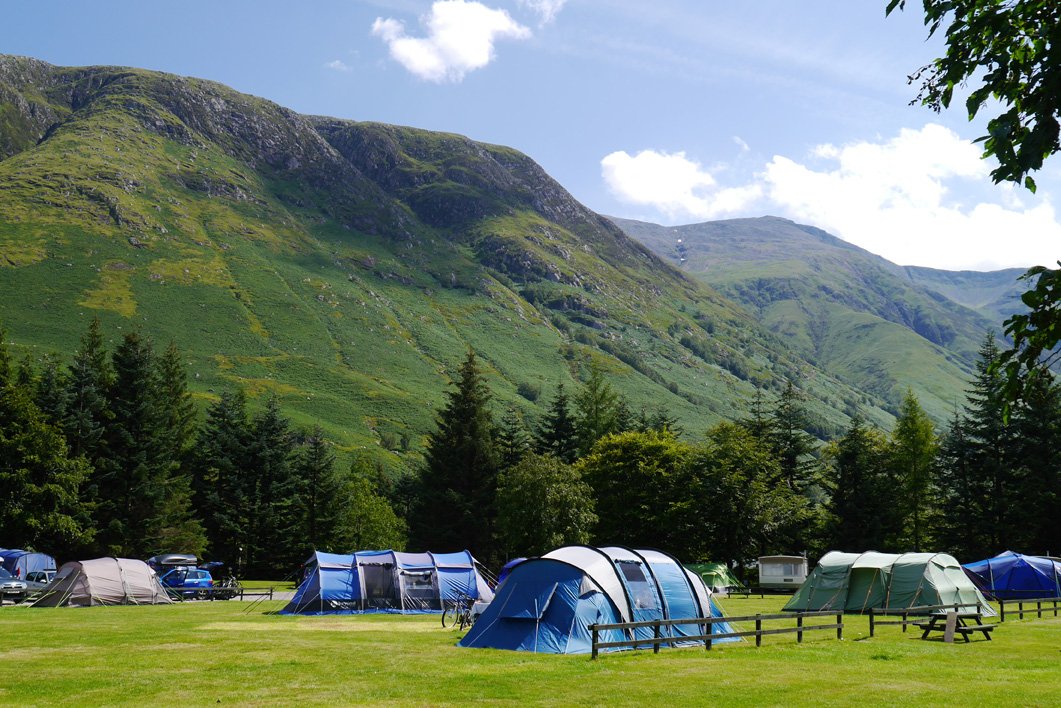The West Highland Way offers a variety of accommodation options to suit different preferences and budgets. Here’s a breakdown of the types of accommodations you can find along the trail:
1. Hotels and Guesthouses
Comfortable, full-service options that often include amenities such as private bathrooms, dining facilities, and cozy common areas.
Location: Found in towns and larger villages along the route, such as Milngavie, Drymen, Tyndrum, Bridge of Orchy, Kinlochleven, and Fort William.
Pros: Ideal for hikers seeking comfort after a long day, often with hearty Scottish breakfasts included.
Cons: Can be more expensive and may require booking in advance, especially during peak season.
Alexandra Hotel, Fort William
2. Bed and Breakfasts (B&Bs)
Typically family-run establishments offering a personal touch with basic amenities and breakfast included.
Location: Widely available along the trail, providing a homely experience.
Pros: More affordable than hotels and often run by locals who can offer valuable trail advice and recommendations.
Cons: Limited rooms mean early booking is recommended, particularly in smaller villages.
Altquhur Byre B&B
3. Hostels
Budget-friendly accommodations that provide dormitory-style rooms or private rooms with shared facilities.
Location: Found in places like Rowardennan, Inverarnan, Tyndrum, and Kinlochleven.
Pros: Great for meeting other hikers, with kitchen facilities for self-catering.
Cons: Shared rooms may not suit those who prefer privacy.
Fort William Backpacker
4. Camping and Campsites
Various official campsites with facilities like showers, toilets, and cooking areas are located along the trail.
Location: Sites are available at key points such as Balmaha, Inverarnan, Bridge of Orchy, and Kinlochleven.
Pros: The most budget-friendly option, offering a close-to-nature experience.
Cons: Requires carrying camping gear, and weather can impact comfort levels.
Glen Nevis Campsite
5. Bothies
Simple, free shelters in remote areas that provide basic accommodation without facilities like running water or electricity.
Location: While there are not many along the official West Highland Way route, some detours and nearby trails may include bothies.
Pros: Great for those looking for an adventurous and rustic experience.
Cons: Bring your own sleeping gear, and space is first-come, first-served.
Doune Byre Bothy
6. Pods and Glamping
A more comfortable alternative to camping, offering wooden or canvas pods with basic amenities like beds and heating.
Location: Available in some places such as Drymen and Kinlochleven.
Pros: Combines the outdoor experience with more comfort than traditional camping.
Cons: Slightly more expensive than camping but still more affordable than hotels or guesthouses.
Blackwater Hostel and Campsite
7. Self-Catering Cottages and Cabins
Small houses or cabins equipped with kitchens for those who prefer to cook their meals and have more space.
Location: Found in towns like Tyndrum, Bridge of Orchy, and Fort William.
Pros: Offers more privacy and flexibility, suitable for groups or families.
Cons: Often requires booking well in advance and can be pricier than B&Bs or hostels.
Tyndrum Holiday Park cabins
Tips for Booking Accommodation
Plan in Advance: Accommodation, particularly in the summer months, can book up quickly. It’s advisable to plan your route and book well ahead of time.
Budget and Location: Consider how much you are willing to spend and how close the accommodation is to the trail.
Baggage Transfer Services: If you choose more comfortable accommodations, many companies offer baggage transfer services that can deliver your gear to your next stop so you can hike with just a daypack.
Overall Recommendation
For those seeking a mix of experiences, staying in a combination of guesthouses, hostels, and campsites can provide a balanced journey that varies from more rustic to more comfortable nights.








